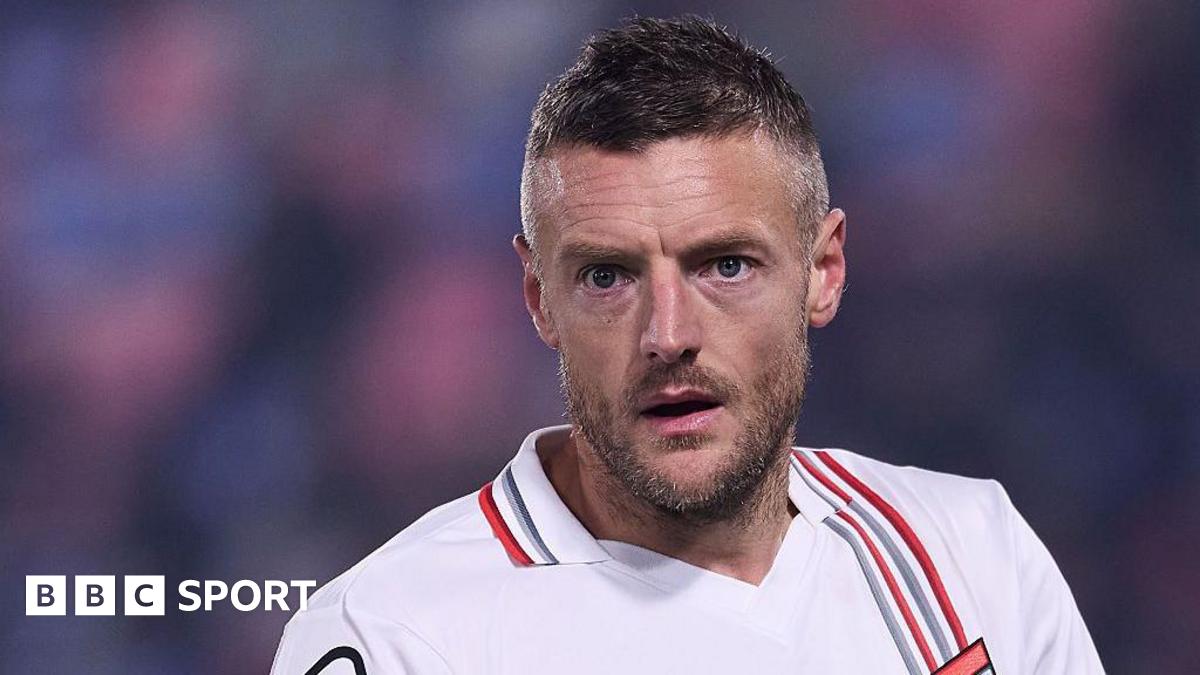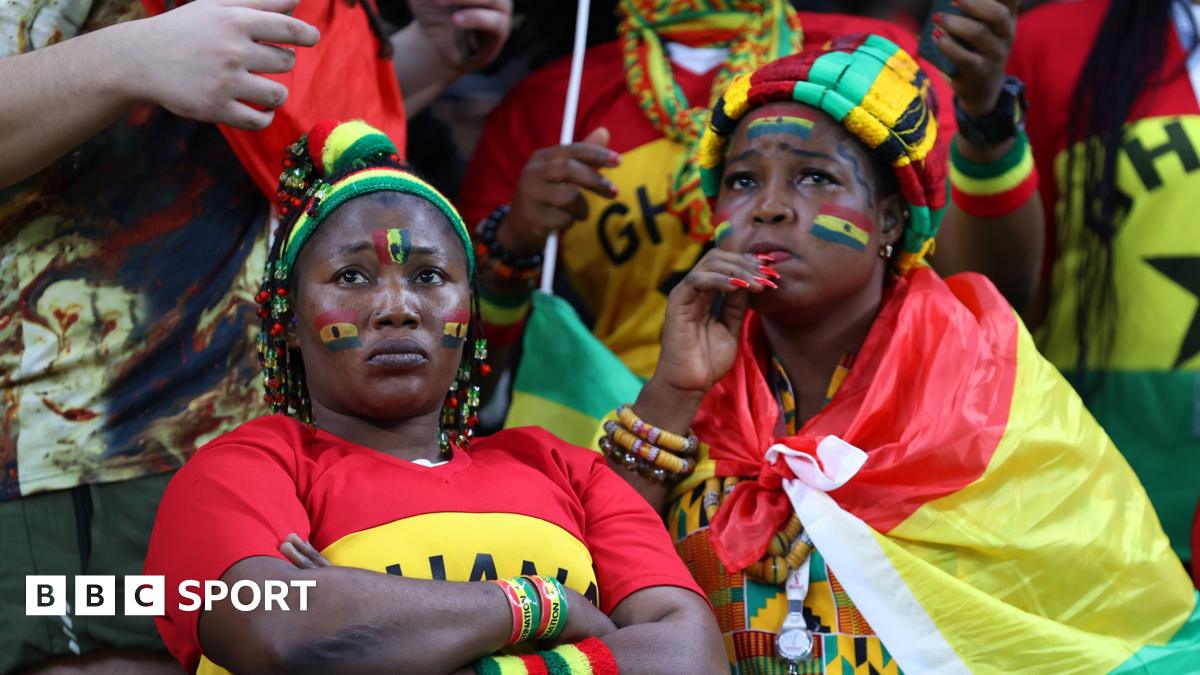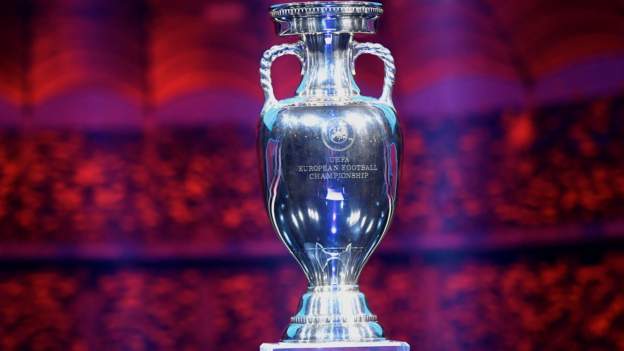Wembley has been given an extra Euro 2020 last-16 tie – which could involve England – after Dublin lost its four fixtures because of Covid-19 issues.
Bilbao’s four games have been moved to fellow Spanish city Seville, while Munich will keep the matches it is down to host.
Dublin’s three group games have gone to St Petersburg and its last-16 knockout match will be at Wembley.
The last-16 tie will feature the winner of Group D, which includes England.
England’s group also features Scotland, Croatia and the Czech Republic, and whoever finishes top will play the second-placed Group F team on 29 June.
Wembley will now host eight matches, which will be England’s three group games, two last-16 ties, both semi-finals and the final.
Uefa had told host cities that stadiums must be able to hold at least 25% capacity to be allowed to keep their fixtures.
The Football Association has confirmed Wembley will have that throughout the group stage and chief executive Mark Bullingham believes 50% capacity (45,000) is a “realistic” target for the knockout phase matches.
“We have got until 2 June to tell them [Uefa] what our numbers can be for the round of 16, semi-finals and final,” Bullingham said.
“Our hope is that we will be 50 per cent full for those games, but clearly that’s not our decision, that’s for the authorities to make.
“From our perspective we think 50% might be more realistic at the moment, but if the situation improves I would love the final to be full. We want as many fans as possible to be able to experience the Euros.”
Euro 2020, delayed by a year because of the coronavirus pandemic, will take place between 11 June and 11 July.
The tournament, which was to be hosted by 12 European cities, will – after Dublin’s removal – now take place across 11 venues, namely Amsterdam, Baku, Bucharest, Budapest, Copenhagen, Glasgow, London, Munich, Rome, Seville and St Petersburg.
Munich keeps its fixtures after assuring European football’s governing body that a minimum of 14,500 fans – 21% capacity – will be allowed at its games at the 70,000-capacity Allianz Arena, which will be known as Football Arena Munich during the tournament.
Ireland’s Minister for Tourism, Culture, Arts, Gaeltacht, Sport and Media, Catherine Martin, said: “We were hopeful that we were all set to host a fantastic tournament in Dublin in June.
“However, despite our commitment to hosting the games, the public health situation has meant we were not able to give Uefa the assurances they required earlier this month in relation to guaranteeing minimum spectator attendance levels.”
Bilbao also could not provide guarantees over the presence of fans amid the coronavirus pandemic, but Uefa says Andalusian regional authorities had stated “its intention of allowing spectators at 30% of the stadium capacity” in Seville.
“We have been working diligently with the host associations and local authorities to ensure a safe and festive environment at the games,” said Uefa president Aleksander Ceferin.
“I am really pleased we are able to welcome spectators at all matches for a celebration of national team football across the continent.”






















